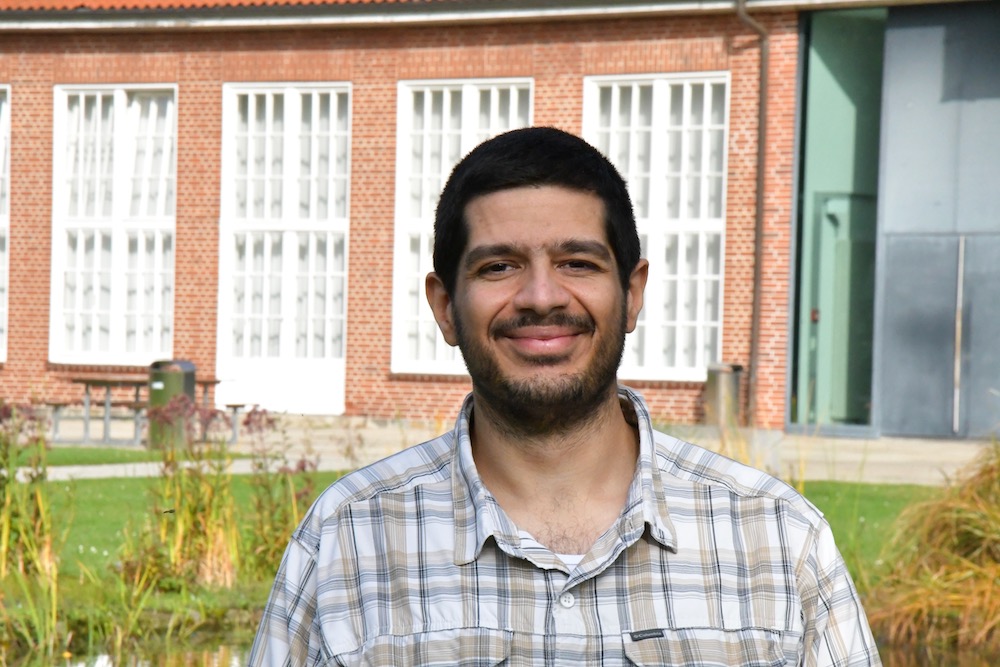EXPLORE Career Profiles
1. What did you want to be when you were 10?
Space game developer, professional bass player, fighter jet pilot/astronaut… I had too many different interests and dreams.
2. What was your favourite subject at school?
Natural Sciences and informatics were the most interesting for me. But I also enjoyed chemistry and English. I really disliked humanities; now I regret that I was not more interested in those fields.
3. What did you study at university? Why did you choose those topics and the places to study?
Both my Bachelor’s and Master’s were in geology, so I mainly studies scientific fields, from chemistry to petrography and so on. My Master’z was focused on engineering geology and risk assessment and management, so the topics shifted a bit to more practical problems for risk assessment and mitigation, such as slope stability or geophysics, remote sensing and so on.
I chose these subjects for the love of natural sciences, and the desire to know more about our Earth. The Master’s was chosen essentially for the course in remote sensing (feeding my nerdy side).
4. How did you get your first job? How many jobs have you had since?
My Master’s thesis supervisor offered me one, since I made a working prototype of a multi-camera instrument for monitoring landslide. I’ve had two jobs including my actual position. The first one in the company of my supervisor, but it lasted only for three months, it was not fulfilling my expectations.
5. What’s been the biggest piece of luck or ‘surprise twist’ you have had in your career to date?
A colleague and close friend, aware of my passion for remote sensing and space, put me in contact with my current PhD supervisor. Since I always thought that working in planetary science was impossible for me, it was a life-changing event, especially since I had to move to another country for longer periods of time. The ‘surprise twist’ (even if I would describe it as a very, very biggest piece of bad luck for the whole world) was that the Covid-19 pandemic started almost immediately after my arrival in Bremen.
6. Have you had a mentor or person that inspired you? How did they help you?
No one in particular, maybe Baden-Powell (founder of the Scout Movement) inspired me in my “youth days”, but since then I’d say that any person that I met, lived with, or worked with, left me some sort of lesson which helped me grow up in different aspects of my life.
One of Baden-Powell’s mottos, ‘Estote Parati,’ which translates to ‘Be Prepared’ in English, inspired me to be ready for everyday challenges. Additionally, a point of the Scout’s Law, “A Scout’s duty is to be useful and to help others”, motivated me to strive to be a better person.
7. What are the main things you do each day?
Drink coffee, analyse planetary data, develop Python tools, read scientific papers, write papers for my PhD, keep updated with trending technologies and – last but not least – drink more coffee!
8. What do you like best about the work that you do and what do you like least?
I really like the fact that I am pursuing almost all my passions, even if it can be very stressful and challenging.
9. Do you have ambitions or things that you would like to do next?
I would like to continue developing something that may help future generations that wants to join the planetary science community.
10. What advice would you give your 10-year-old self?
I know that may sounds a classic answer but “Listen to your mother, think less, enjoy life more, and do more exercises!”
Quick CV
- Academic qualifications
- Bachelor’s in Geology
- Master’s in Engineering Geology and Risk Assessment
- PhD Candidate in Planetary Sciences
- Main or selected jobs to date:
- MsC in Engineering Geology (2016-2019)
- Junior Remote Sensing Analyst (2019-2020)
- PhD Candidate in planetary sciences (2020-Present)
EXPLORE has received funding from the European Union’s Horizon 2020 research and innovation programme under grant agreement No 101004214.



